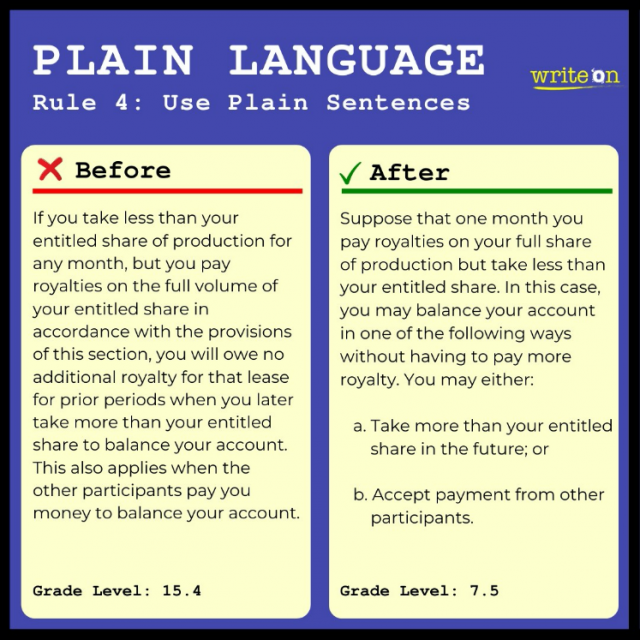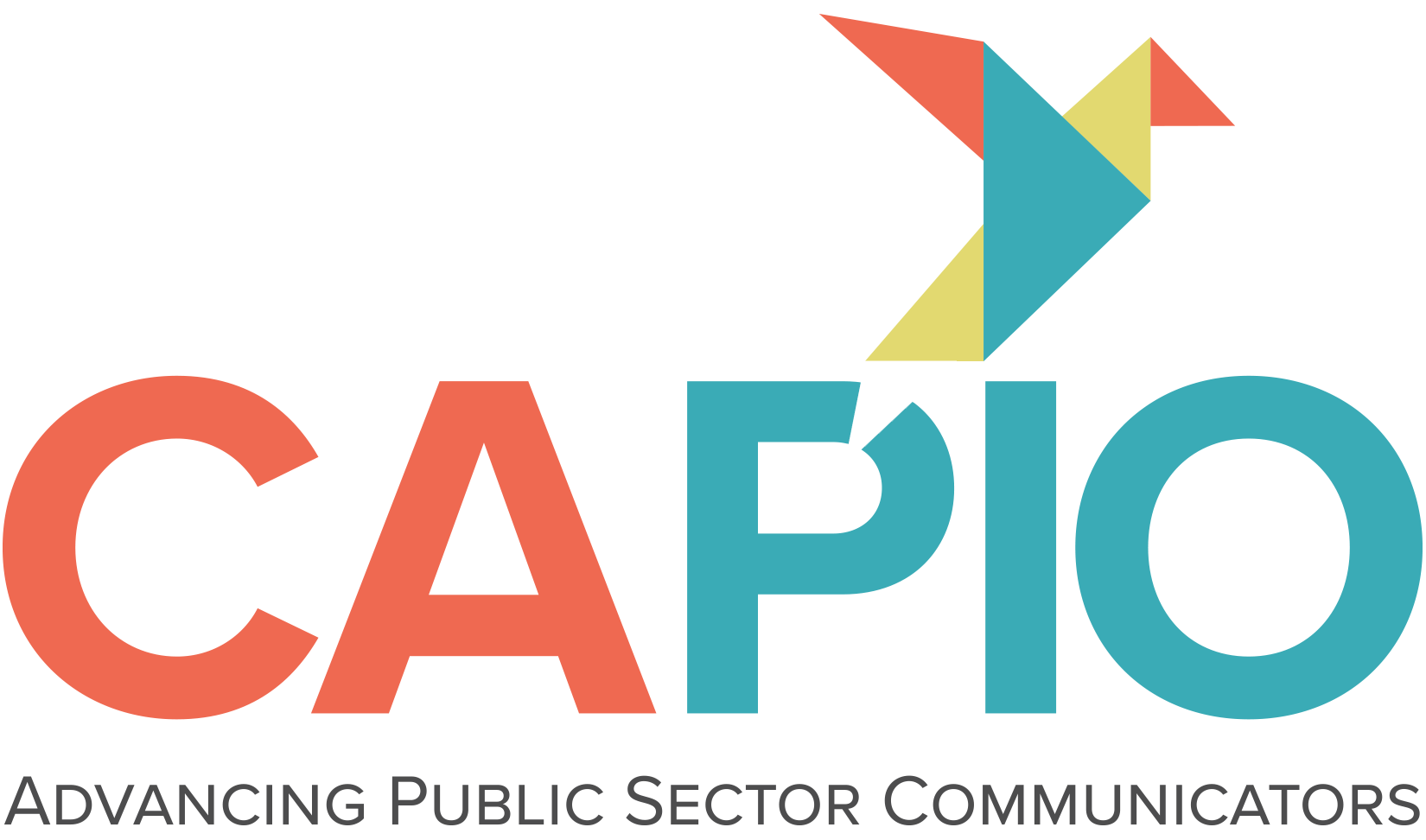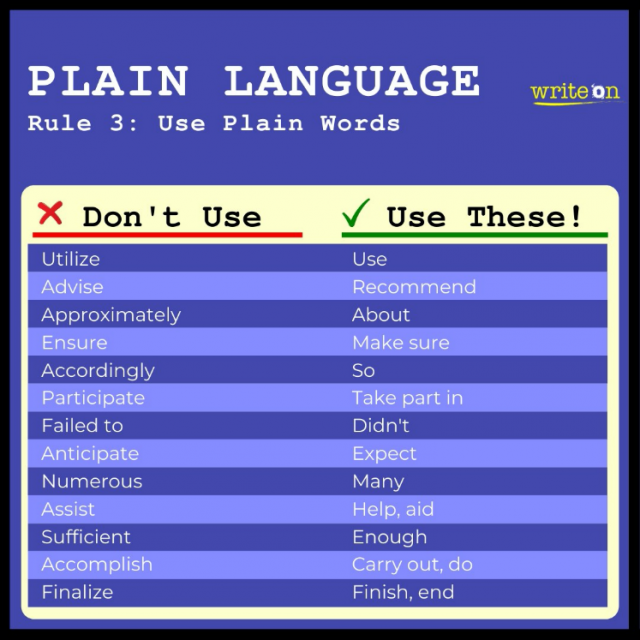The power of plain language
During a crisis, clarity of message can be the difference between life and death. As communications professionals, we have an obligation to create helpful messages. Just as importantly, we need to communicate them responsibly in a way our residents can understand and use. Plain language is our most important resource, now more than ever.
We all know that plain language is important, but what is it exactly?
There are six principles of plain language, and we’re required by law to use it (California Government Code §6219). By applying core plain language principles, you can shrink your messages’ grade levels so that your residents – regardless of background, education, native tongue, or economics – can understand and act.
These are the most important plain language principles:
Use plain words.
- Three syllables maximum.
- Use the simplest form of a word.*
- Avoid hidden verbs. (For example, say “Apply to…” rather than “File an application to…”)
- Omit unnecessary words, and minimize
jargon.

Use plain sentences.
- 15 to 20 words maximum.
- Write shorter sentences, and break up long ones.
- Start your sentence with the subject, verb, and object close together.
- Use present tense rather than future continuous. (For example: “We will hold a press conference” rather than “We will be holding a press conference.”) Don’t forget to eliminate passive tense!
Use plain paragraphs.
- 250 words maximum (but shoot for 150 words).
- Four-five lines of text per paragraph.
- Three-eight sentences per paragraph.
Use plain design.
- Does one of your paragraphs have a list? Break them out into lists and bullets.
- Use headlines in bold. Don’t use italics or all caps.
- Infographics are key (but as a CAPIO member, you already know that!).
Remember that 44 percent of Californians speak something other than English at home. Big words and long paragraphs aren’t going to cut it, especially in a crisis. In a crisis, every word counts.

